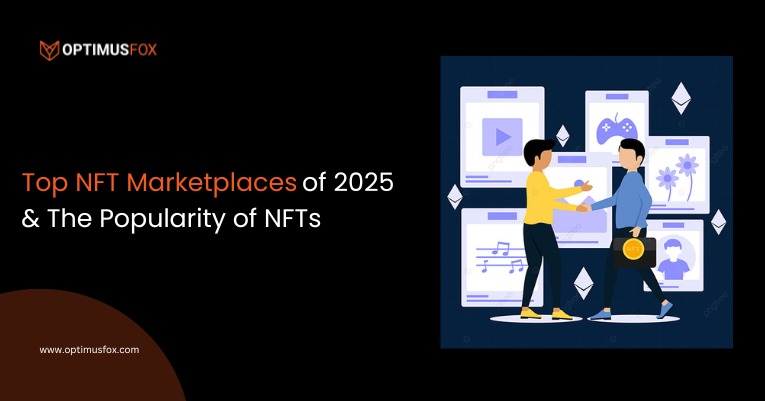Centralized cryptocurrency exchanges are ruling the industry since the introduction of crypto in the market. Now, the crypto industry is moving toward peer-to-peer exchanges that offer privacy, authority, security by reducing costs.
What P2P Exchanges are?
P2P exchanges work on the same principle allowing people to trade globally, but they do not rely on intermediaries. They provide high-level security and privacy to both parties, and the integration of smart contracts makes them invulnerable to cyber attacks.
How P2P Exchanges are different from Centralized?
Centralized and P2P cryptocurrency exchanges follow entirely different working models; first uses order books while other utilizes smart contracts to match trading requests. In the case of centralized, seller and buyer hand over funds to a third party while P2P gives authority to both parties. Implementation of blockchain technologies speeds up the transaction process between parties with a zero-scam ratio.
P2P Exchanges Working Model
When a buyer posts a purchase order to buy crypto, he is matched with an interested seller. Both of them have the power to negotiate the deal, and upon agreement, the buyer pays for the desired amount of cryptocurrency. Escrow validate transactions and transfer digital assets to buyer’s wallet.
Core Features of P2P Cryptocurrency Exchanges
Automatic Swapping
Users can exchange their digital assets without third-party involvement. It makes the process easier, faster, and free of disputes.
High-Level Security
P2P cryptocurrency exchanges utilized multi-layer security protocols like two-way authentication, SSL implementation, email authentication, end to end data encryption to provide a highly secure and stable trading atmosphere to their users.
Preferred Trader Selection
In general, platforms select the seller and buyer when a request is generated. But P2P exchanges enable users to select a seller or a buyer independently.
Advantages of P2P Exchanges
- Faster transactions at lower rates.
- Easy to use platforms even traders with insufficient technical knowledge can manage their accounts.
- Scalable and can fulfill the exponential business growth needs.
- Can be launched quickly having a competitive edge.
Future of P2P Exchanges
P2P exchanges have disruptive potential as they eradicated third parties like banks and brokers from the network. They will win market trust as users can trade at competitive rates with sufficient capital capability and minimal market risks. With the involvement of P2P in the crypto world, they have become a reliable, secure, and accessible option. Furthermore, progressive regulations like KYC and AML verification of users will increase P2P exchange credibility.
Limitations Associated with P2P Exchanges
As P2P exchanges use distributed ledgers and there is a need to update every network node instead of a central server that requires massive computing power. Security issues may arise during hard fork events because some blockchain is open-source where code can be modified and cut from the main chain to form a new parallel network. Hard forks are completely secure, but the improper deployment of security methods makes chains vulnerable to attacks.
Wrapping Up
P2P cryptocurrency exchanges offer better security and efficiency at minimal rates. Although P2P exchanges have the sufficient potential to introduce new dimensions to the crypto world, there is a need to select a reliable and experienced blockchain development company like OptimusFox to cater to development challenges, as mentioned above.





